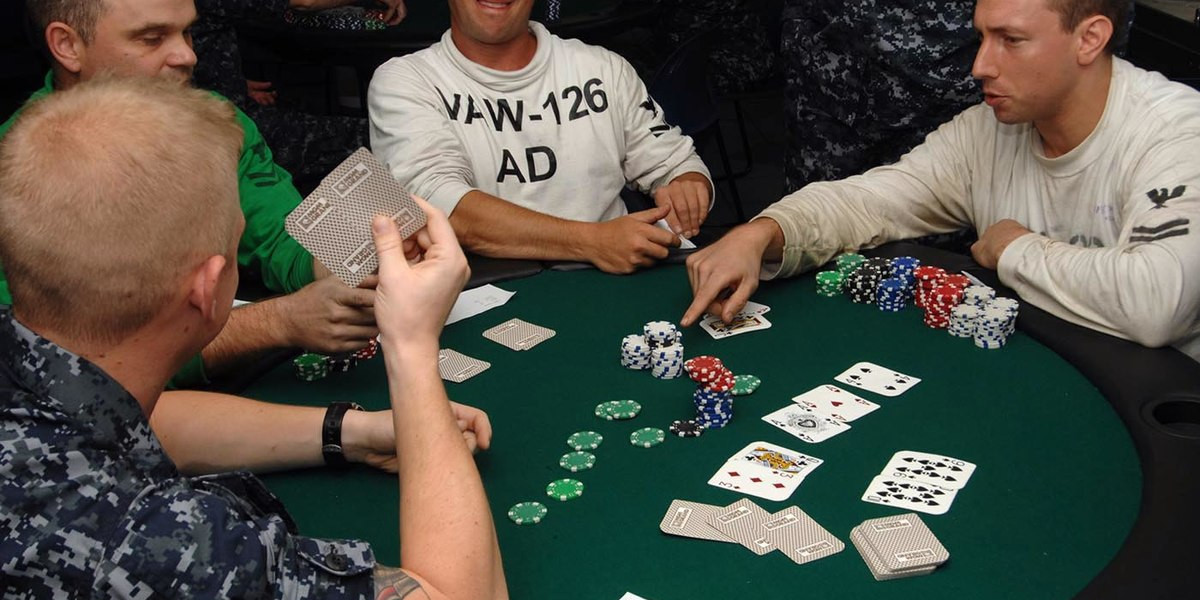How to Read Your Opponent’s Moves in Rummy Games
Rummy, a beloved card game played by millions worldwide, is a thrilling mix of skill, strategy, and intuition. Although many new players focus primarily on forming their own sets and sequences, a key aspect of mastering Rummy lies in reading your opponent’s moves. In fact, understanding your opponent's strategy can give you a significant advantage, allowing you to anticipate their next moves and adapt your gameplay accordingly.
In this article, we’ll explore several techniques and strategies to help you read your opponent’s moves in Rummy games. From analyzing their discards to gauging their overall game plan, these tactics will enhance your ability to play strategically and win more often.
1. Pay Attention to Discarded Cards
One of the most revealing aspects of your opponent’s gameplay in Rummy is their discard pile. Every time a player discards a card, it provides clues about their hand and what they might be trying to form. Here are a few key insights you can gain by carefully observing their discards:
Unwanted Cards: If a player frequently discards high-value cards (like face cards), it may indicate they are trying to lower their points to minimize the penalty if someone else declares first. This often happens in variations like Points Rummy, where reducing your points is a common strategy if you feel behind.
Needed Cards: Players will also discard cards they don’t need to form their sets or sequences. For example, if your opponent discards multiple spades, it could mean they’re not focusing on making sequences with that suit. This information helps you avoid picking up cards that might help them later on.
Jokers and Wildcards: If an opponent discards a joker or wildcard, it could mean they already have the combinations they need or that they don’t need to use the joker for a particular set. Observing how they handle jokers can also provide insight into the state of their hand.
Keeping track of the discard pile, not only yours but also your opponent’s, is a fundamental step in reading their moves and understanding their strategy.
2. Observe the Cards Your Opponent Picks
Just as discarding gives you insight into what an opponent doesn’t need, paying attention to the cards they pick from the discard pile can provide invaluable information about what they do need. Here are some pointers to help you analyze this more closely:
Picking from the Discard Pile: In Rummy, players have the choice to pick from the closed deck or the open discard pile. If an opponent picks from the discard pile, it’s a clear sign that the card is vital to their strategy. Try to remember the suit and rank of the card they picked to anticipate what combinations they’re forming.
Consistent Suit Picks: If your opponent consistently picks cards of the same suit, it suggests they’re working on forming sequences or sets with those particular cards. Avoid discarding cards from the same suit to prevent giving them an advantage.
Face Cards and High-Value Cards: If your opponent picks up high-value cards like Kings, Queens, or Aces, they’re likely close to completing a set or sequence. This is a sign to be cautious with the cards you discard, as one wrong move could give them the last card they need to declare.
Observing what your opponent picks will help you make better decisions, such as avoiding discards that might benefit them.
3. Watch for Hesitation or Speed
Even in online Rummy games, players’ timing can reveal crucial information about their gameplay strategy. In traditional offline Rummy, body language and facial expressions often give away a player’s thoughts. In online Rummy, however, hesitation or speed in playing a card can offer similar insights.
Hesitation Before Discarding: If your opponent hesitates before discarding a card, it might indicate uncertainty or reluctance. This hesitation could mean that they’re discarding a card they would prefer not to let go but are doing so to improve their hand. This is a valuable clue that the card discarded could be important to their strategy or indicate they’re shifting tactics.
Quick Picks: If your opponent quickly picks a card from the discard pile, it signals that they have an immediate use for it. This implies they are building a set or sequence and are close to finishing it. Be mindful when this happens, as they could be close to declaring.
Time Taken on Moves: In online Rummy, players who take more time to make decisions are likely calculating their next move, weighing several options, or trying to assess their situation. This could suggest they are working with multiple possible combinations and need more time to figure out the best course of action. If your opponent is playing quickly and confidently, it may mean they have already formed strong sets and sequences and are only waiting for the final card to win.
4. Analyze the Pattern of Gameplay
While every game of Rummy is unique, patterns in an opponent’s gameplay can offer useful clues about their overall strategy. Over time, experienced players develop distinctive styles. Some players might prefer forming pure sequences early, while others focus on hoarding jokers or specific cards. Here are a few patterns to look for:
Early Declaration Players: Some players aim to declare as early as possible by focusing on forming sequences first, especially pure sequences. If you notice your opponent declaring quickly in previous games or rounds, they may be an early declaration player. In such cases, you should prioritize forming your pure sequence as soon as possible to avoid a quick loss.
High-Value Card Discards: Players who frequently discard face cards early on are usually defensive in nature, trying to reduce the risk of accumulating high points. These players might not go for quick declarations but are more focused on minimizing losses. In response, you can play more aggressively, focusing on completing your sets and sequences faster.
Joker Users: If a player frequently relies on jokers, they’re likely accustomed to using wildcards to complete their sets and sequences. This could mean they are less concerned with forming pure sequences and more focused on completing combinations quickly. Keep track of how they use their jokers and try to predict which combinations they’re using them for.
5. Adjust Your Strategy Based on Opponent Behavior
Finally, reading your opponent’s moves is not just about gathering information—it’s also about adjusting your strategy accordingly. Once you have identified your opponent’s gameplay style, you can tailor your moves to counter their strategy.
Block Their Progress: If you notice that your opponent is collecting cards of a particular suit or rank, avoid discarding similar cards. Instead, hold onto them or discard unrelated cards that won’t benefit them. This will slow down their progress and buy you time to form your own combinations.
Time Your Declaration: If you observe that your opponent is close to completing their hand, declare as soon as you have a valid set of combinations, even if it’s not the best possible hand. Waiting too long may allow your opponent to declare first, leaving you with a significant point loss.
Conclusion
In Rummy, reading your opponent’s moves is an essential skill that can dramatically improve your gameplay. By paying attention to discarded cards, analyzing picks, observing the speed of play, and recognizing patterns in behavior, you can anticipate your opponent’s strategy and adjust your game accordingly. Whether playing online or in person, these techniques will give you the edge needed to succeed. As you refine your ability to read your opponent’s moves, you’ll find yourself winning more games and enjoying the strategic depth that makes Rummy such an enduring and exciting card game.








